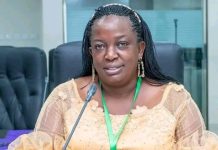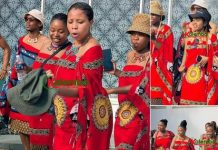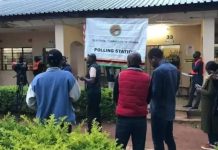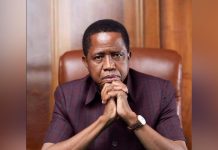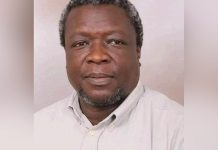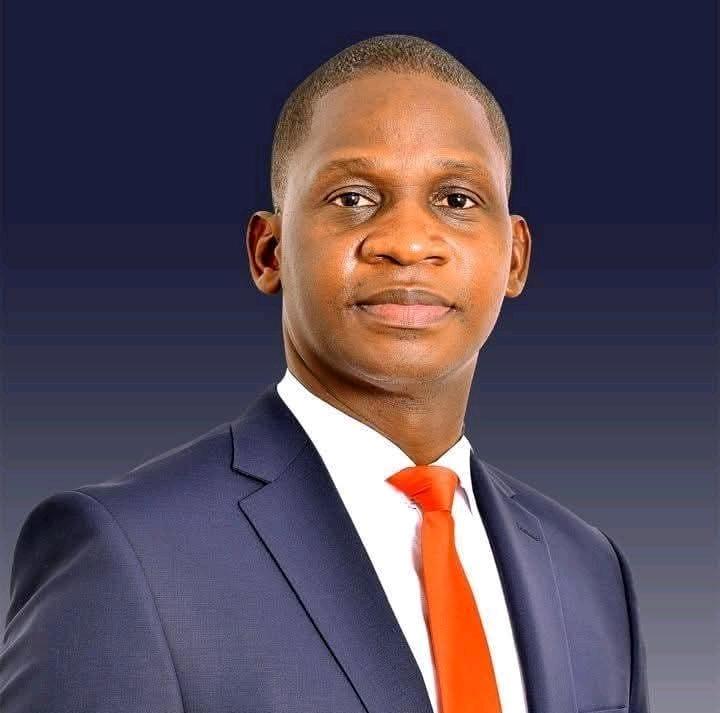
Africa-Press – Zambia. ZAMBIA’S SHRINKING CIVIC SPACE AND DONOR CONFIDENCE CRISIS RAISE ALARMS – NJOBVU SPEAKS UP
Opposition political leaders in Zambia have issued a strong warning regarding the continued erosion of civic and democratic freedoms in the country. They argue that the government has persistently ignored public concerns about governance, only acknowledging the issues when international organizations, such as the Human Rights Commission, step in with formal reports.
Concerns over the harassment of dissenting voices have been escalating. Political activists, journalists, and ordinary citizens with differing views are increasingly subjected to arrests and intimidation. According to the opposition, this trend is growing unchecked and threatens Zambia’s long-standing reputation as a beacon of peace and democracy in Africa.
One of the key legal instruments at the center of the controversy is the Cyber Security and Cyber Crimes Act. Critics say the law, though framed as a tool to protect the public from cyber abuse, is being used to silence critical voices and clamp down on online dissent. Calls are growing louder for the Act to be repealed or substantially amended to align with democratic principles.
Another law raising concern is the Defamation of the President Act, which opposition leaders argue is being misused to shield the Head of State from legitimate criticism. “Democracy must allow people to voice out when leaders go wrong. We do not condone insults, but we must protect the right to speak truth to power,” said one opposition leader.
Ackim Anthony Njobvu, President of the opposition Democratic Union, added his voice to the matter, saying, “When people are afraid to speak, democracy dies silently. The government must be reminded that silence in a democracy is not peace it is fear. Laws must protect citizens, not politicians.”
The opposition is also alarmed by the government’s approach to the current Constitution amendment process. They claim the ruling United Party for National Development (UPND) is fast-tracking the changes without adequate public consultation. Traditional leaders, civil society organizations, and other stakeholders have reportedly been sidelined in this process.
“There’s been no national referendum, no meaningful engagement with citizens. The government seems determined to proceed with constitutional amendments at all costs,” said an opposition spokesperson. This, they argue, raises suspicions about the government’s true intentions—whether the changes are meant to benefit the country or just entrench political power.
Njobvu criticized the exclusion of youth voices in the constitutional review process. “Our youth, who are the majority, are left out of decisions that shape their future. This process should be broad-based, participatory, and rooted in national interest, not party politics,” he stressed.
Donor confidence in Zambia is also waning. The opposition acknowledged the recent decisions by the UK and the US to suspend certain aid packages to Zambia. While some of these decisions are influenced by budget realignments abroad, mismanagement and corruption at home have undoubtedly contributed to the problem.
One area of major concern is the health sector, where essential medicines donated by international partners have reportedly gone missing. Donors, including the United States, offered technical support to address weaknesses in Zambia’s medical procurement and distribution systems but according to the opposition, the government was unwilling to accept this help.
“This reluctance to cooperate has sent the wrong message,” said Njobvu. “It shows we’re not serious about accountability. Until we fix our systems, international partners will keep pulling back, and our people especially the poor will suffer.”
To address these issues, the opposition is calling for stronger institutional independence, transparent appointments to anti-corruption agencies, and the removal of political interference in key sectors. “We need systems that work for the people, not systems that protect those in power,” Njobvu said.
In conclusion, Ackim Anthony Njobvu reaffirmed his party’s commitment to defending democracy and protecting citizens’ rights. “The Democratic Union will continue to speak out, challenge injustice, and offer solutions. Our democracy must not be allowed to collapse under the weight of silence, corruption, and unchecked power,” he declared.
June 22, 2025
©️ KUMWESU
For More News And Analysis About Zambia Follow Africa-Press


